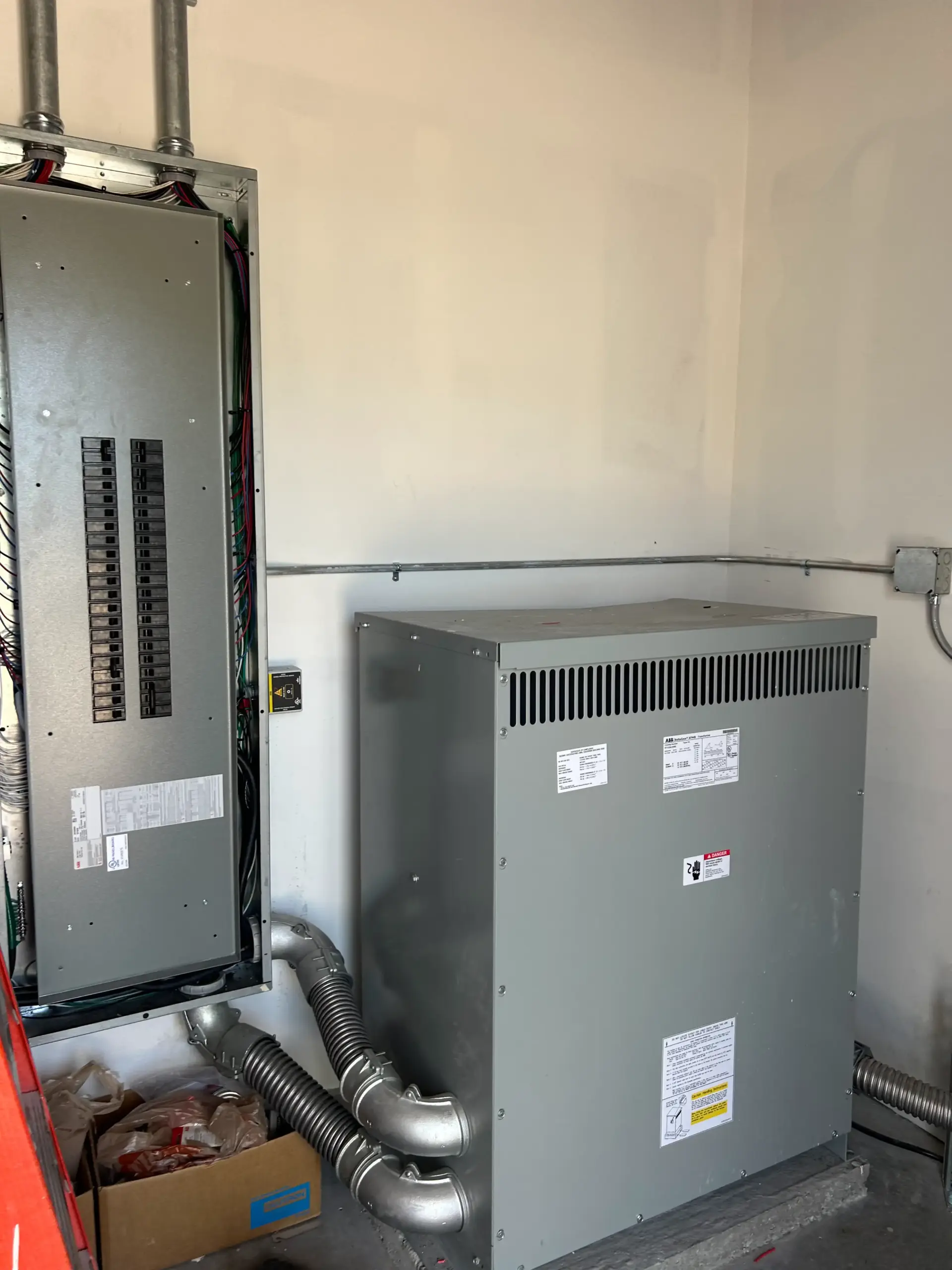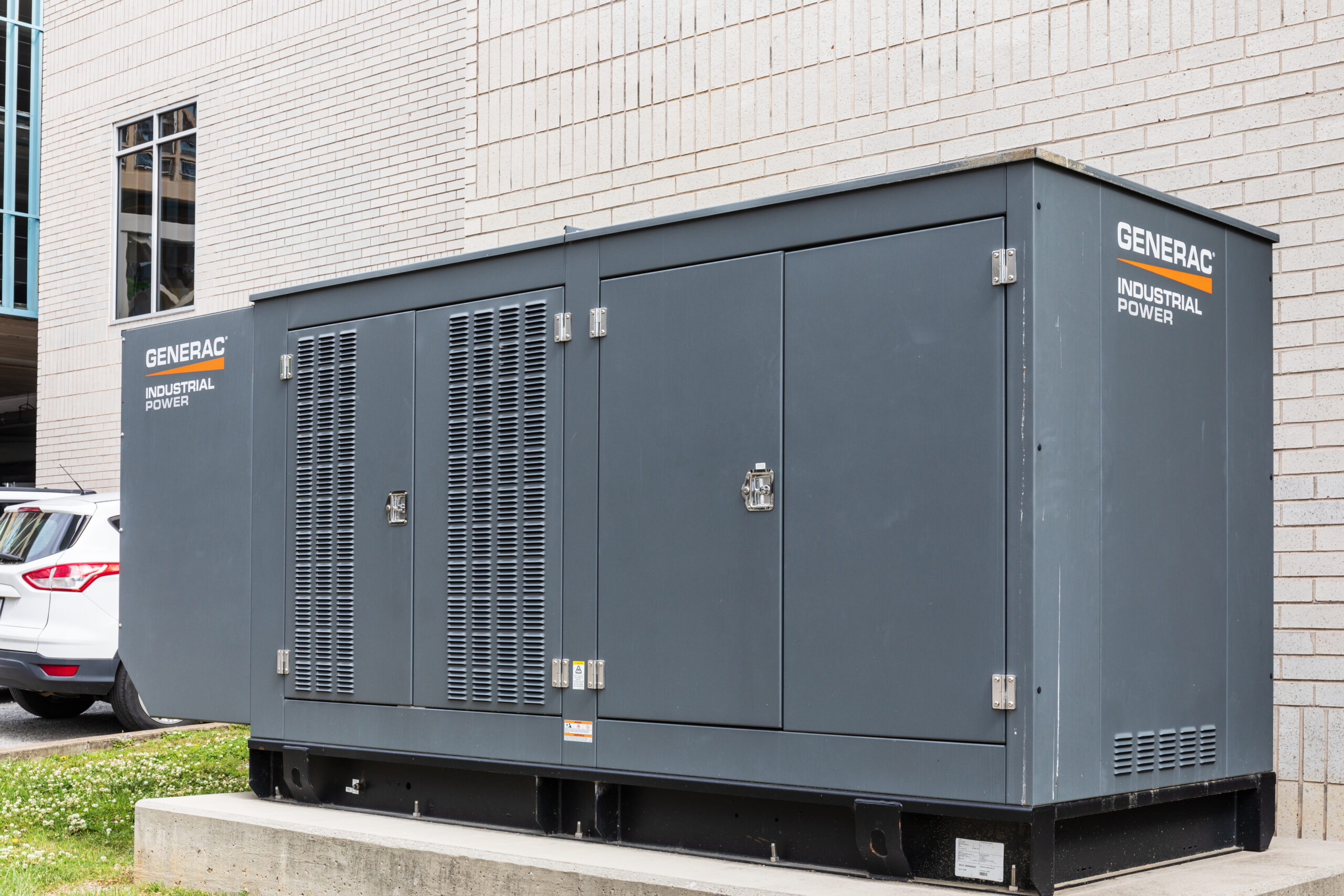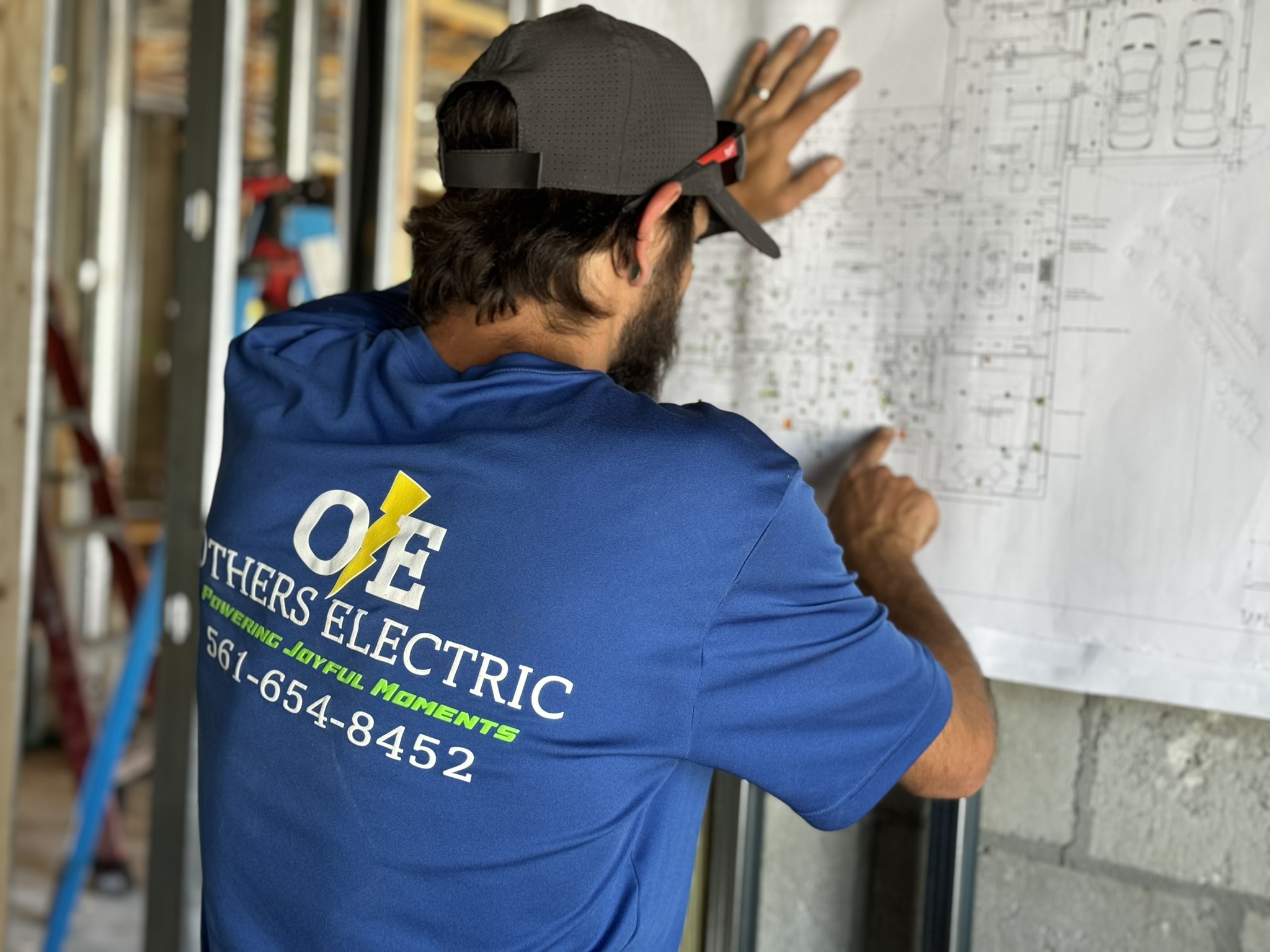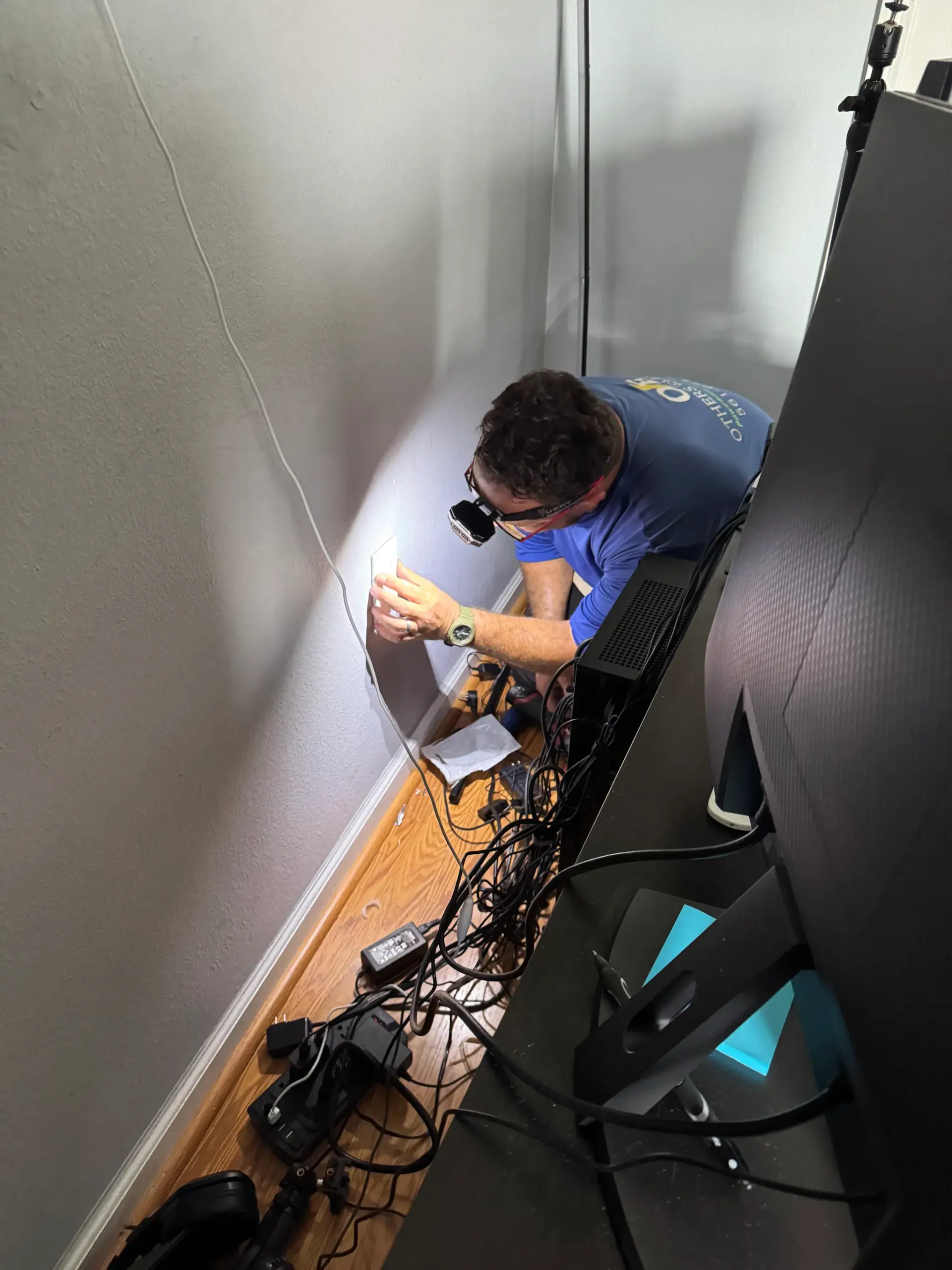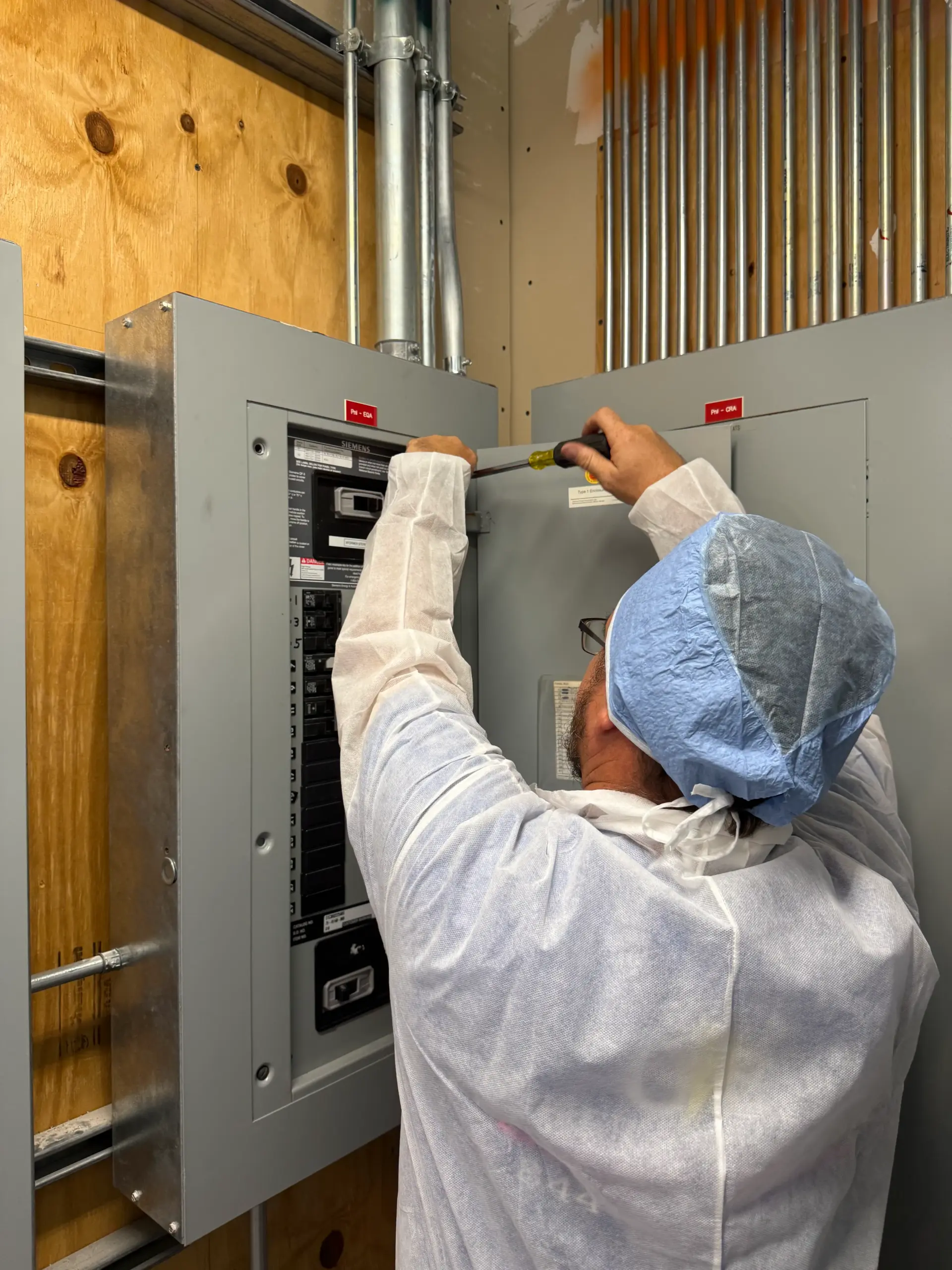When the power cuts out unexpectedly, many people find themselves at a loss for what to do next. Blackouts can last from a few minutes to several days, and in storm-prone regions like Florida’s East Coast, they are a fairly common occurrence. Knowing what to do during blackouts is not just about convenience—it’s about safety, preserving essential resources, and protecting your home and family.
In this guide, we explore the most important actions to take when the lights go out. From staying informed to managing food, water, and electronics, the steps you take in the first moments of a blackout can have a big impact on your comfort and safety. Let’s break down the essentials of staying in control when the grid goes down.
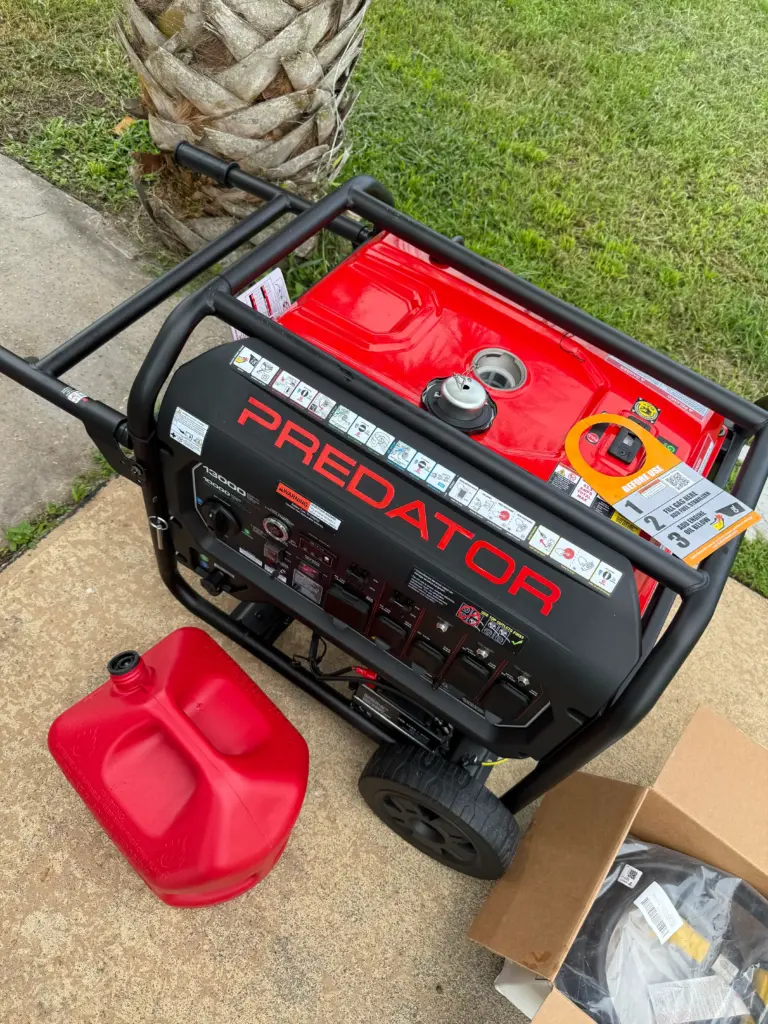
Stay Calm and Assess the Situation
The first and most important step in understanding what to do during blackouts is to remain calm. Power outages are often unpredictable, but panicking doesn’t help and may lead to poor decision-making. Start by checking whether the outage is isolated to your home or affecting the broader neighborhood.
Look outside to see if streetlights or neighbors’ houses still have power. If the blackout is limited to your home, it could be due to a tripped breaker or a blown fuse. In that case, inspecting your breaker panel can often resolve the issue. If the outage is widespread, report it immediately to your local utility provider and monitor official updates via battery-powered radio or mobile alerts.
Prioritize Safety Measures
When power goes out, certain risks increase. Electrical surges, carbon monoxide poisoning, and fire hazards become more likely if the proper precautions aren’t followed. Turn off and unplug sensitive electronics to prevent damage when power returns. Keep flashlights, lanterns, and extra batteries in accessible locations, and avoid using candles due to fire risks.
If you’re using a generator, never operate it indoors or in enclosed spaces. Generators emit carbon monoxide—a deadly gas that builds up quickly without ventilation. Place the unit outside, far from windows, doors, and vents. Make sure smoke detectors and carbon monoxide alarms are operational with backup battery power.
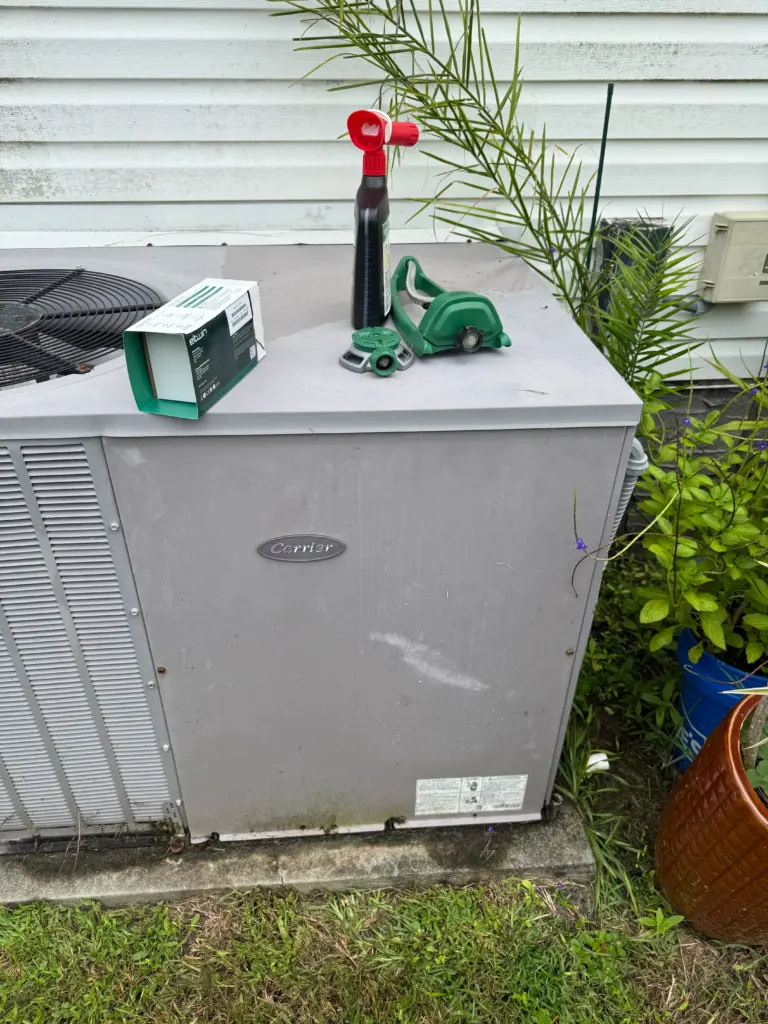
Preserve Food and Water
A big part of knowing what to do during blackouts involves protecting perishable food. Keep refrigerator and freezer doors closed as much as possible. The USDA advises that a fully stocked freezer will maintain a safe temperature for up to 48 hours (24 hours if half full), while the refrigerator can keep food cold for about four hours without power.
Avoid opening the fridge to check on items unless absolutely necessary. If the outage is prolonged, use coolers with ice to store critical food items. Keep a supply of bottled water on hand—one gallon per person per day—for drinking and sanitation.
Manage Indoor Climate and Lighting
Florida’s climate can turn uncomfortable quickly when the air conditioning stops. If it’s hot, keep blinds or curtains closed to block sunlight and trap cooler air inside. Drink plenty of water, wear lightweight clothing, and avoid physical exertion.
In cooler weather, wear layers and use blankets to stay warm. LED lanterns are safer and more efficient than candles and provide enough light to move safely around your home. Always supervise children and pets during blackouts, especially if alternative light or heat sources are in use.
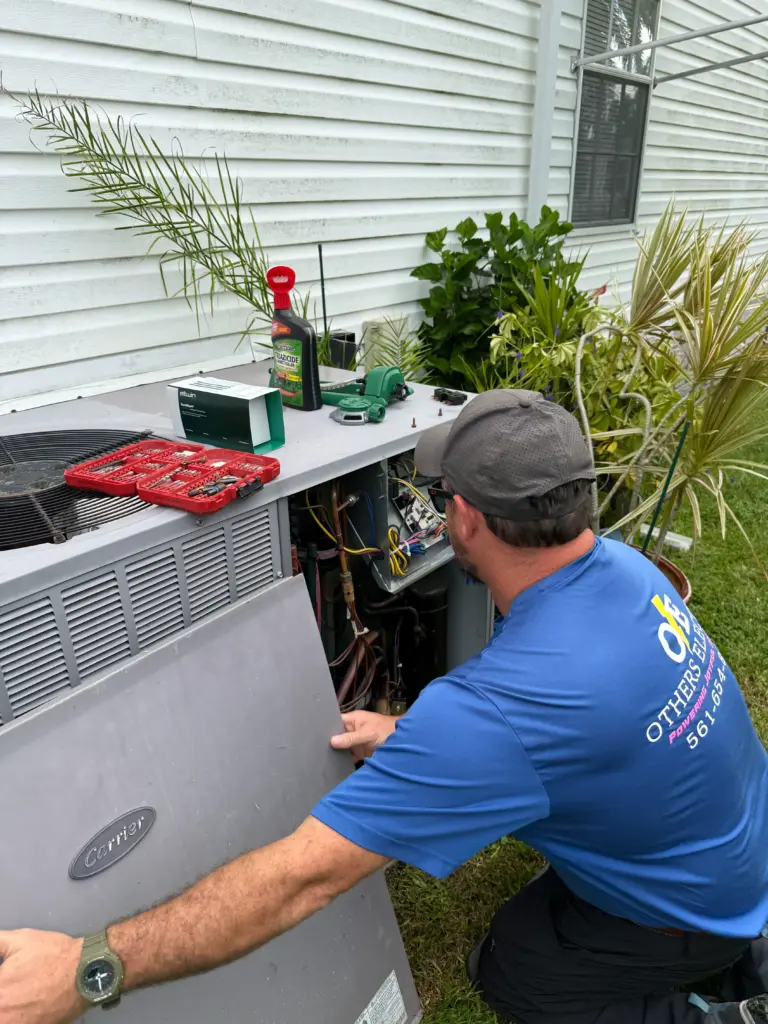
Stay Informed with Reliable Sources
Without access to television or the internet, staying informed becomes more difficult. Battery-powered radios or emergency weather radios are essential tools during outages. They allow you to stay connected with weather alerts, utility updates, and emergency announcements.
Mobile phones can also serve as a critical lifeline. Preserve battery life by dimming screens, closing unused apps, and activating battery-saver mode. Consider keeping portable power banks fully charged ahead of storm season, so you can recharge devices when needed.
Use Backup Power Responsibly
Generators and backup battery systems are essential assets when figuring out what to do during blackouts, but they must be used safely and efficiently. Only run a generator outside, and never plug it directly into household wiring unless you have a professionally installed transfer switch.
Power only the essentials—such as a refrigerator, a few lights, or necessary medical equipment—to conserve fuel and avoid overloading the system. If you rely on solar panels with battery storage, understand how long your system can operate and what loads it supports. Always have spare fuel or backup charging solutions prepared in advance.
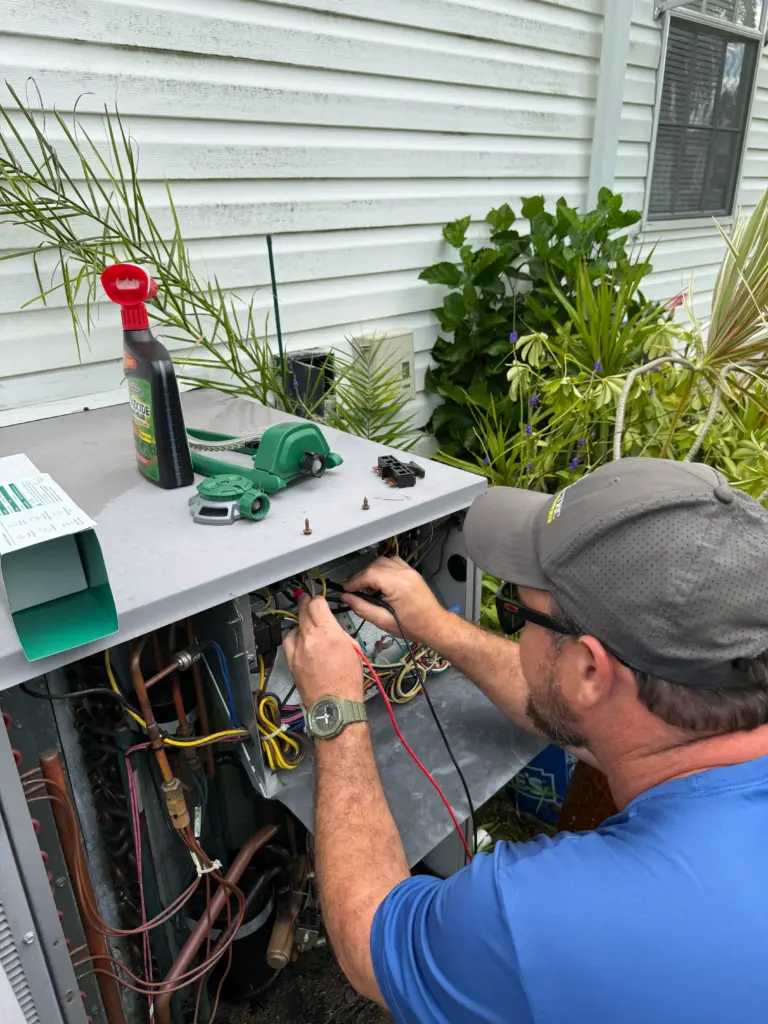
Maintain Communication and Check on Others
One of the most important things to do during an extended blackout is to stay in contact with family, neighbors, and emergency services. Check on elderly or medically vulnerable individuals who may need assistance. Share resources and information where possible to foster community resilience.
Set up a communication plan for your household in case you need to leave the property or evacuate. If cell towers are affected, text messages may be more reliable than calls. Keeping a hard copy of emergency contacts is also helpful when devices fail.
After Power is Restored
Once the lights are back on, it’s time to move carefully. Don’t turn everything on at once—this could overload circuits or cause additional surges. Gradually reintroduce devices and systems, checking for signs of damage. Inspect your refrigerator and freezer for spoiled items, and discard anything you suspect may be unsafe to eat.
Review your emergency supplies and replace anything that was used. If your generator ran for an extended period, have it serviced to ensure it’s ready for future use. Consider scheduling a professional electrical inspection to confirm your system wasn’t damaged during the blackout.
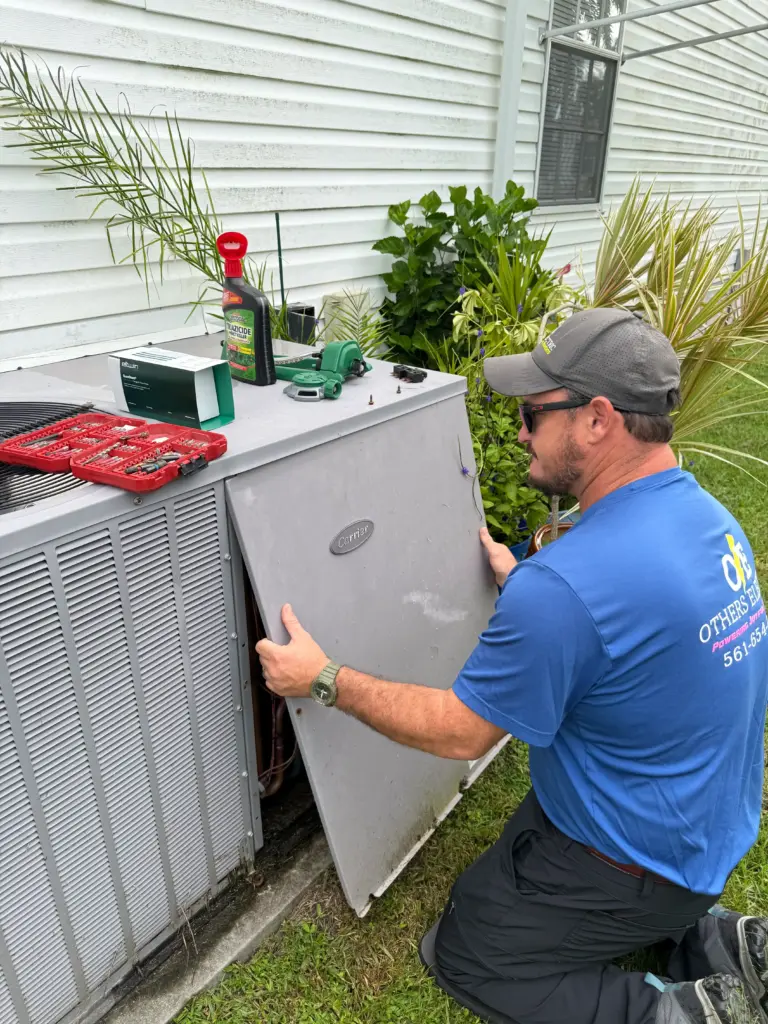
Build a Better Plan for Next Time
Each outage is an opportunity to improve your preparedness. Take notes on what worked well and what didn’t. Were your flashlights easy to find? Did you have enough water? Was your generator reliable? Use these insights to update your emergency kit and home strategy.
With Florida’s storm season making blackouts a near-certainty, preparation can provide the confidence and clarity you need to navigate the next one safely.
Conclusion
Understanding what to do during blackouts can prevent small inconveniences from turning into major emergencies. Whether you’re dealing with a short-term outage or a multi-day power failure, taking thoughtful, informed action helps protect your home, health, and peace of mind.
If you’re unsure about your home’s electrical readiness, generator installation, or surge protection setup, Others Electric offers trusted residential electrician services across Florida’s East Coast. Their team can inspect, install, and improve the systems that keep your home safe when the lights go out.


